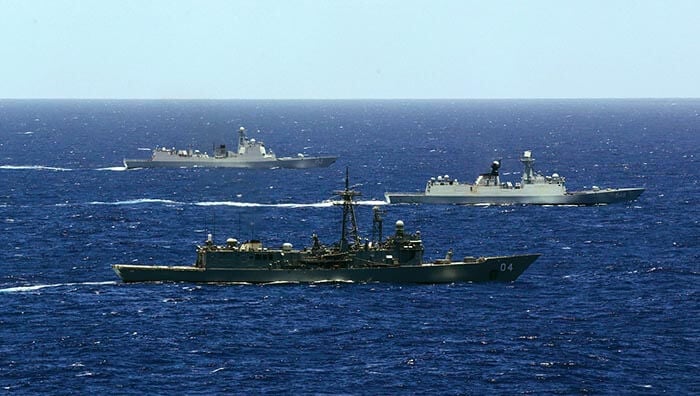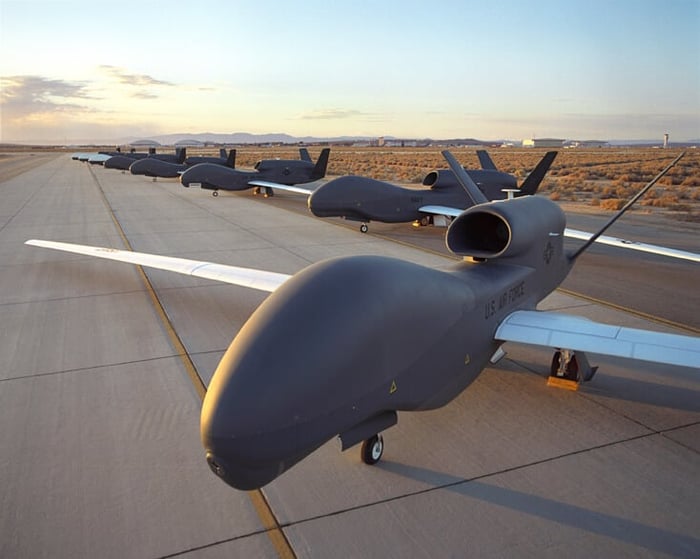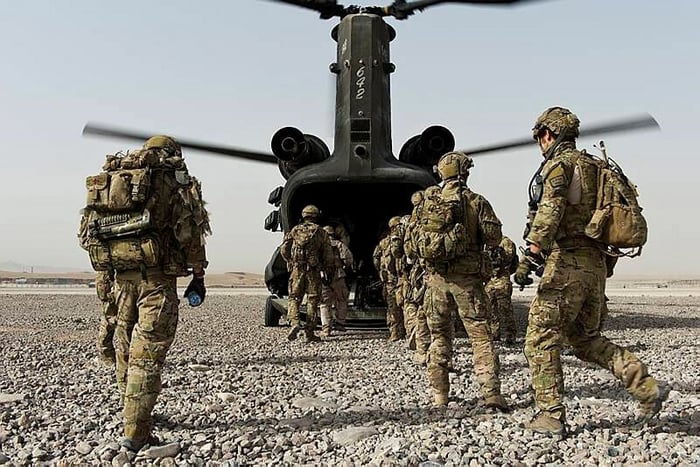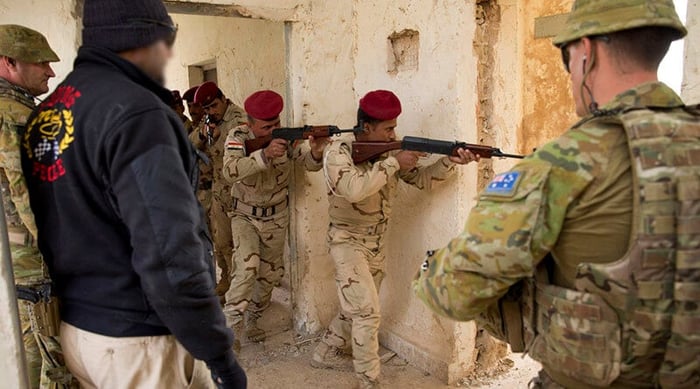
Daesh in Retreat - Aussies Give Direct Help in Retaking Ramadi
Australian Special Operations Task Group and the Royal Australian Air Force played important roles to support the successful retaking of Ramadi by Iraqi forces in late December.
Australia’s Chief of Joint Operations, Vice Admiral David Johnston, said Australian Special Operation Task Group joint terminal attack controllers had assisted with precision air strikes and our Air Force fighters had flown two bombing missions, at least one of which killed several Daesh fighters in central Ramadi.
Speaking shortly after the operation VADM Johnston said, “After months of fighting through the complex urban environment, the Counter Terrorism Service (CTS) 1st Iraqi Special Operations Force Brigade (1st ISOF) raised the Iraq flag over the Government buildings this week, symbolising the liberation of Ramadi on 28 December 2015.”
In congratulating the Iraqi Forces on retaking Ramadi, VADM Johnston highlighted Australia's contribution to the operation
"The success of the CTS is just one aspect of the efforts of Australian Defence Force personnel in Iraq which encompasses the Advise and Assist, Building Partner Capacity, Air Task Group and embedded personnel in coalition headquarters.”
VADM Johnston said the 1st ISOF Brigade, which was supported remotely by Special Operation Task Group in Iraq (SOTG-I) in an advise and assist capacity, including remote-based joint terminal attack control, had successfully penetrated the heavily defended Daesh-held centre of Ramadi. As part of the push SOTG-I advisors supported more than 150 airstrikes that destroyed around 50 Daesh fighting positions; 16 heavy machine guns and numerous vehicle-borne improvised explosive devices.
“It is deeply satisfying to see how the Australian Special Operations Task Group in Iraq have supported 1st ISOF Brigade through the Advise and Assist mission.”
VADM Johnston said SOTG-I had provided training assistance to 1st ISOF Brigade for more than a year, including advanced skill sets needed in the Special Operations environment such as tactics, medical aid and counter improvised explosive device skills.
“Other Australian Task Groups in the Middle East have also contributed to the Iraqi operational successes.
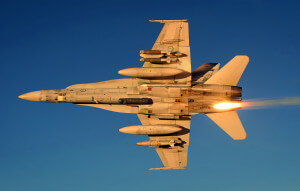 Photo by Corporal Ben Dempster
Photo by Corporal Ben Dempster
“The F/A-18A Hornets from the Air Task Group were vital in striking Daesh fighting positions that were hampering the Iraqi Counter Terrorism Services to advance through Ramadi,” he said.
“Air Task Group Hornets conducted two missions on 22 and 29 December where five and two munitions were released respectively.
“As a direct result of at least one attack, the Daesh fighters were silenced and the Iraqi Counter Terrorism Services were able to continue with their clearance of central Ramadi.
“Overall, the Air Task Group has completed 99 missions and released 96 munitions since July for operations in Ramadi.”
VADM Johnston said the combined Australian-New Zealand Building Partner Capacity training mission, named Task Group Taji, also contributed to the Ramadi operation.
Soldiers from Iraq’s 76th Brigade, previously trained by Task Group Taji, have been occupying defensive positions around Ramadi since July and during this major operation coordinated indirect fires to suppress enemy positions, cleared obstacles laced with IEDs, seized objectives and maintained momentum despite casualties.
“It has taken time, but the continual efforts of our troops and our coalition partners are paying off, and the Iraqi Government and security forces are deeply appreciative of our help.”













